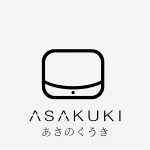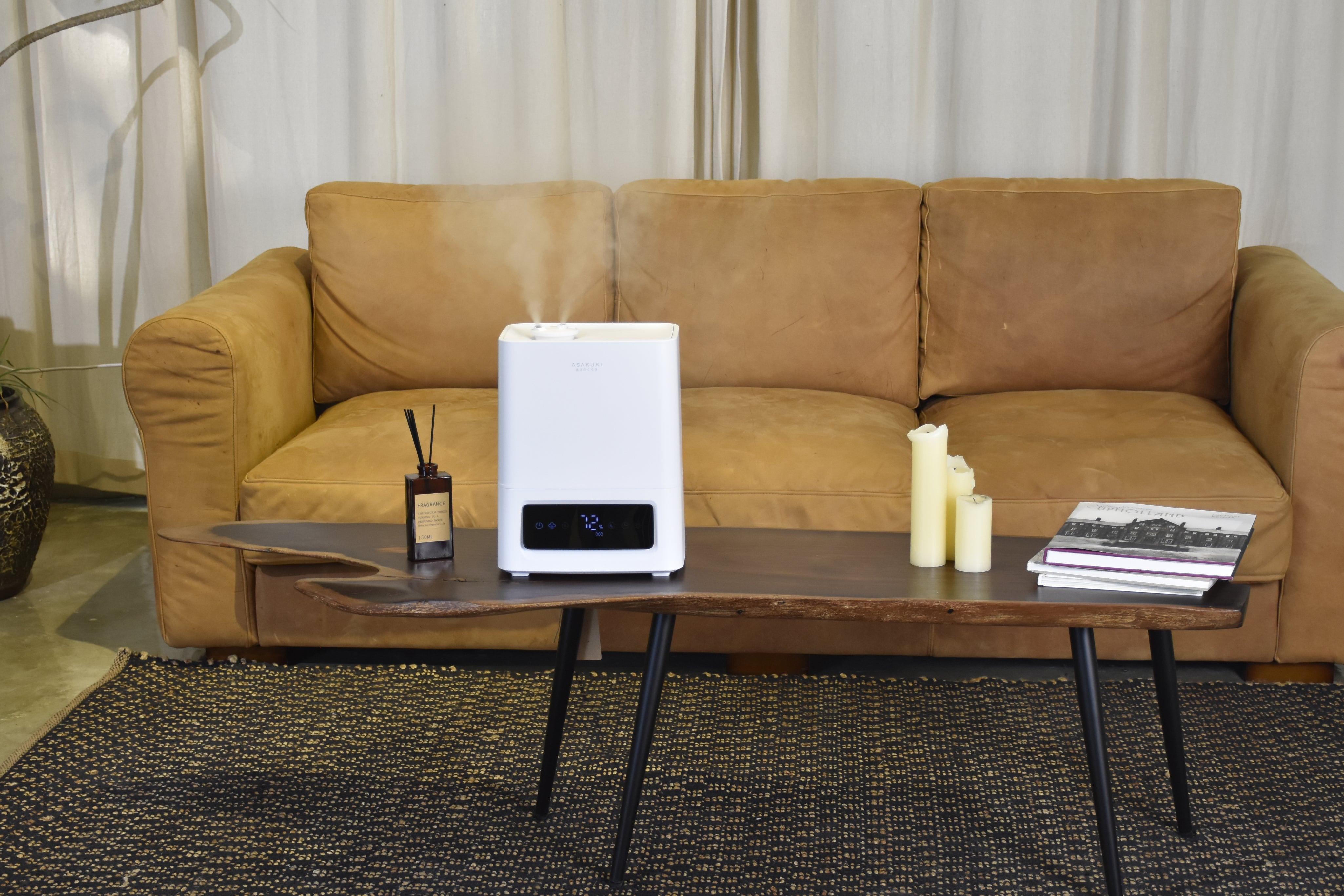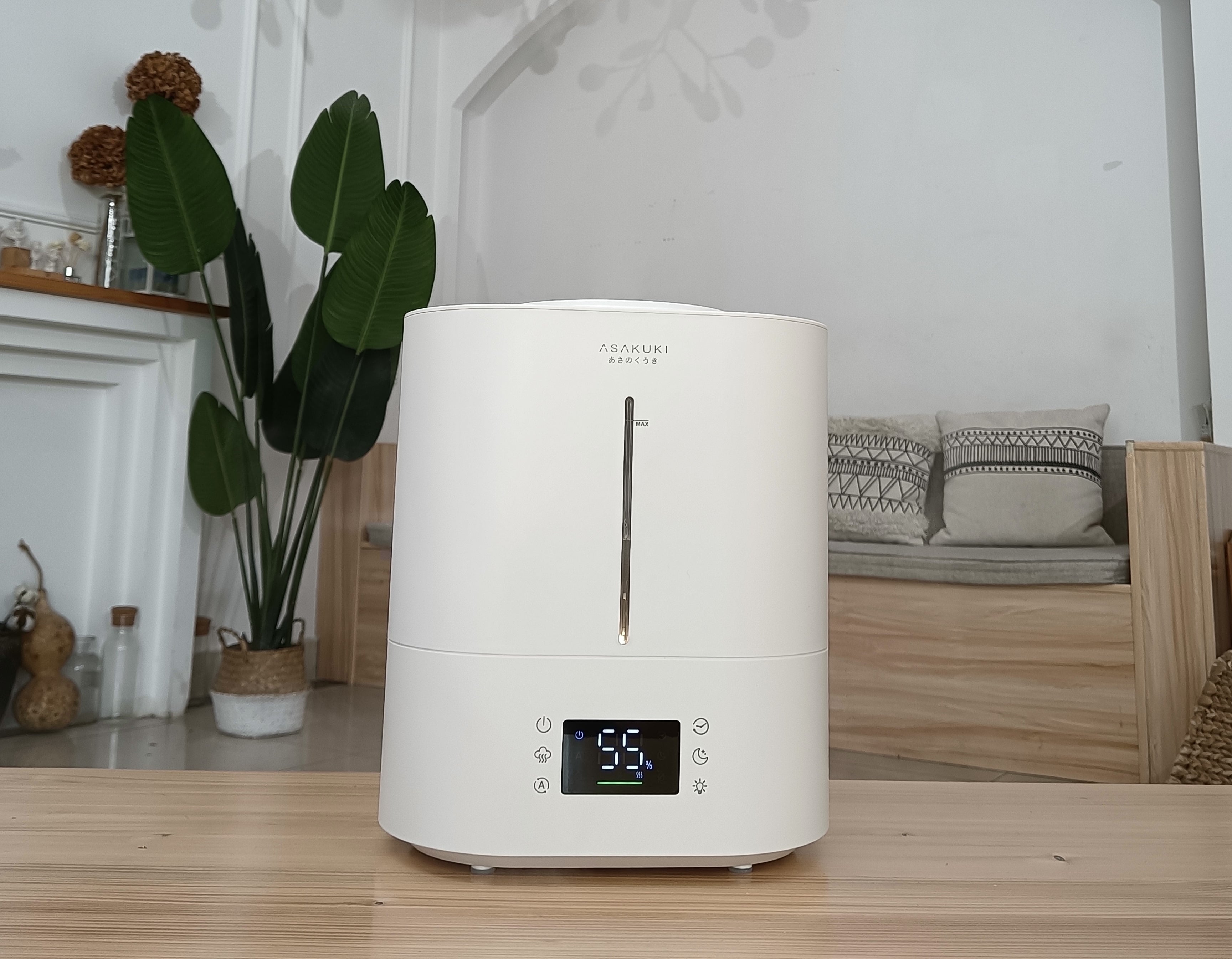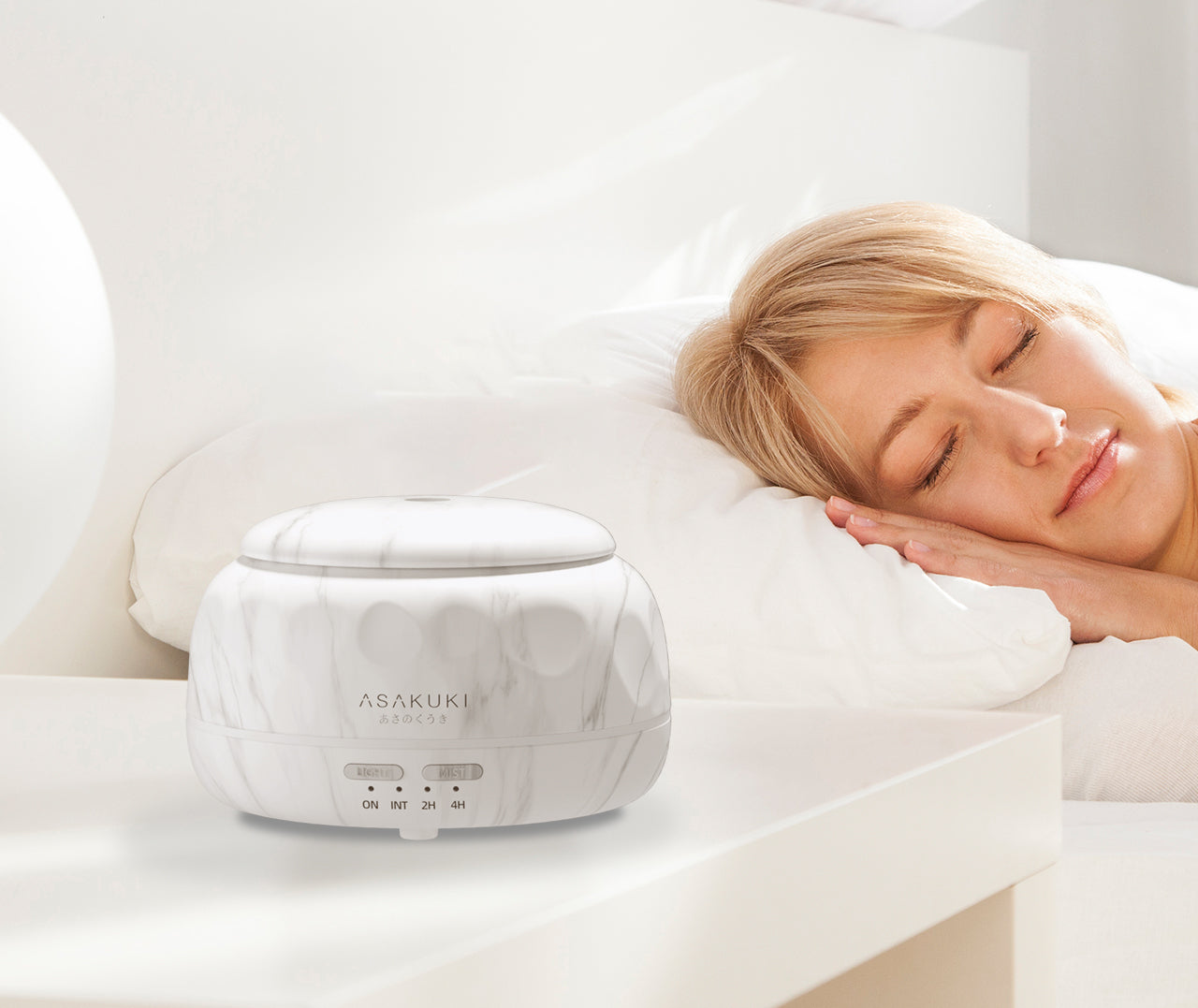Ultrasonic cool mist humidifiers are popular household appliances that help maintain indoor humidity levels, promoting respiratory health and providing relief from dry air discomfort. However, many users are unsure whether it's safe and effective to use tap water in their humidifiers. In this article, we'll delve into the question: can you use tap water in an ultrasonic cool mist humidifier? We'll explore the benefits and drawbacks of various water options to help you make an informed decision.
Understanding Ultrasonic Cool Mist Humidifiers
Before we discuss water options, let's briefly understand how ultrasonic cool mist humidifiers work. These devices use ultrasonic vibrations to create a fine mist of water vapor, which is then dispersed into the air, increasing humidity levels. Unlike warm mist humidifiers, which boil water to create steam, ultrasonic humidifiers operate without heating the water, making them energy-efficient and safe for use around children and pets.
Using Tap Water
Tap water is the most convenient and readily available option for filling humidifiers. However, the quality of tap water varies depending on the source and may contain minerals, chemicals, and impurities that can affect the performance and lifespan of the humidifier. When using tap water, it's essential to consider factors such as water hardness and mineral content.
Benefits of Using Tap Water
One of the primary benefits of using tap water is its accessibility and affordability. Most households have access to tap water, eliminating the need to purchase distilled or purified water separately. Additionally, tap water contains trace minerals that may have health benefits when dispersed into the air, such as promoting skin hydration and respiratory health.
Drawbacks of Using Tap Water
Despite its convenience, tap water has some drawbacks when used in humidifiers. Hard water, which contains high levels of calcium and magnesium, can lead to mineral buildup or "white dust" residue inside the humidifier and on nearby surfaces. This buildup can impair the humidifier's performance over time and may require regular cleaning and maintenance to prevent.
Alternatives to Tap Water
For users concerned about mineral buildup or living in areas with hard water, several alternatives to tap water are available for use in humidifiers. Distilled water, which undergoes a purification process to remove impurities, is an excellent option for minimizing mineral buildup and prolonging the lifespan of the humidifier. Purified or filtered water can also be used as an alternative to tap water, providing cleaner and safer moisture output.
Conclusion
In conclusion, while tap water is a convenient option for filling ultrasonic cool mist humidifiers, it may not always be the best choice for optimal performance and longevity. Depending on factors such as water hardness and mineral content, tap water may lead to mineral buildup and residue inside the humidifier, affecting its efficiency and cleanliness. Consider alternatives such as distilled, purified, or filtered water to minimize mineral buildup and ensure optimal performance from your ultrasonic humidifier. By choosing the right water option, you can enjoy the benefits of improved indoor air quality and respiratory health provided by your humidifier.





